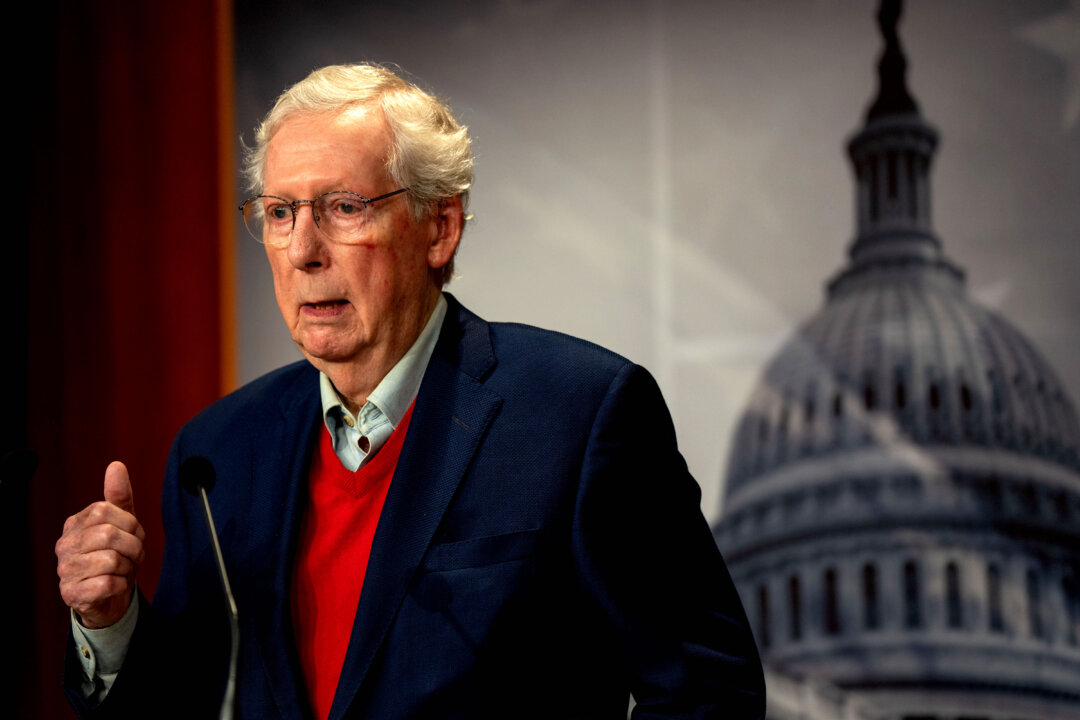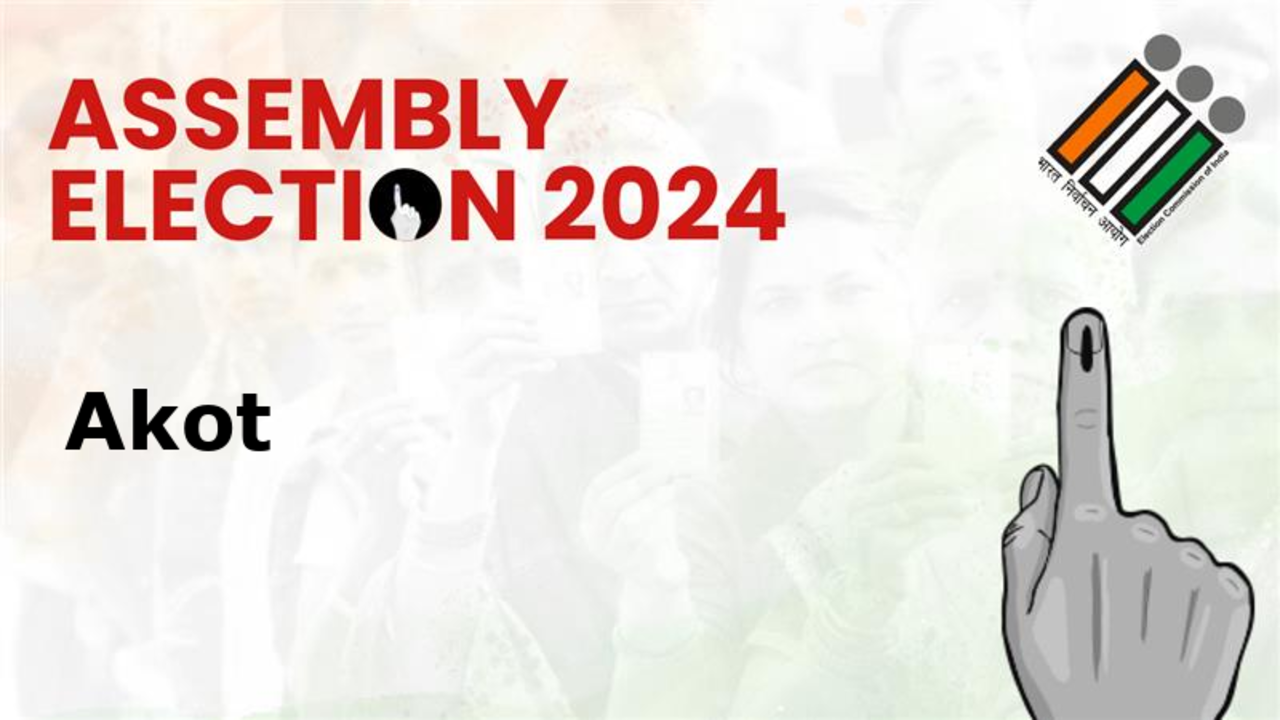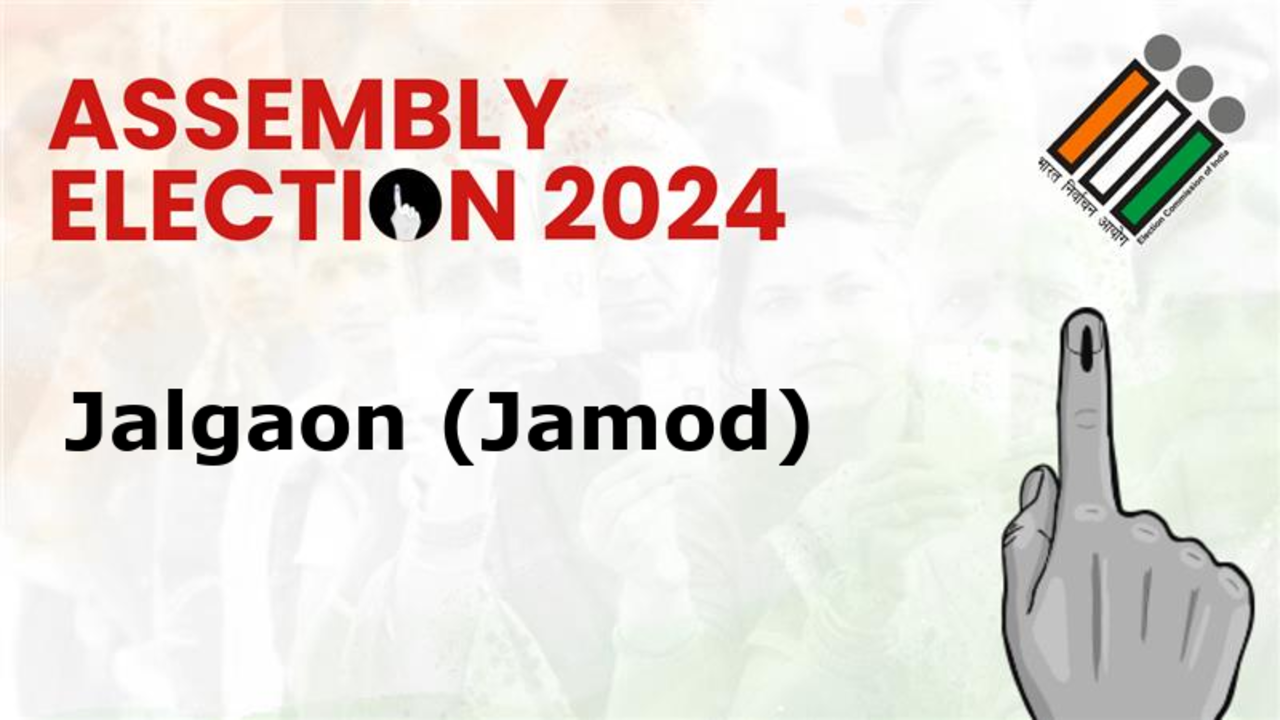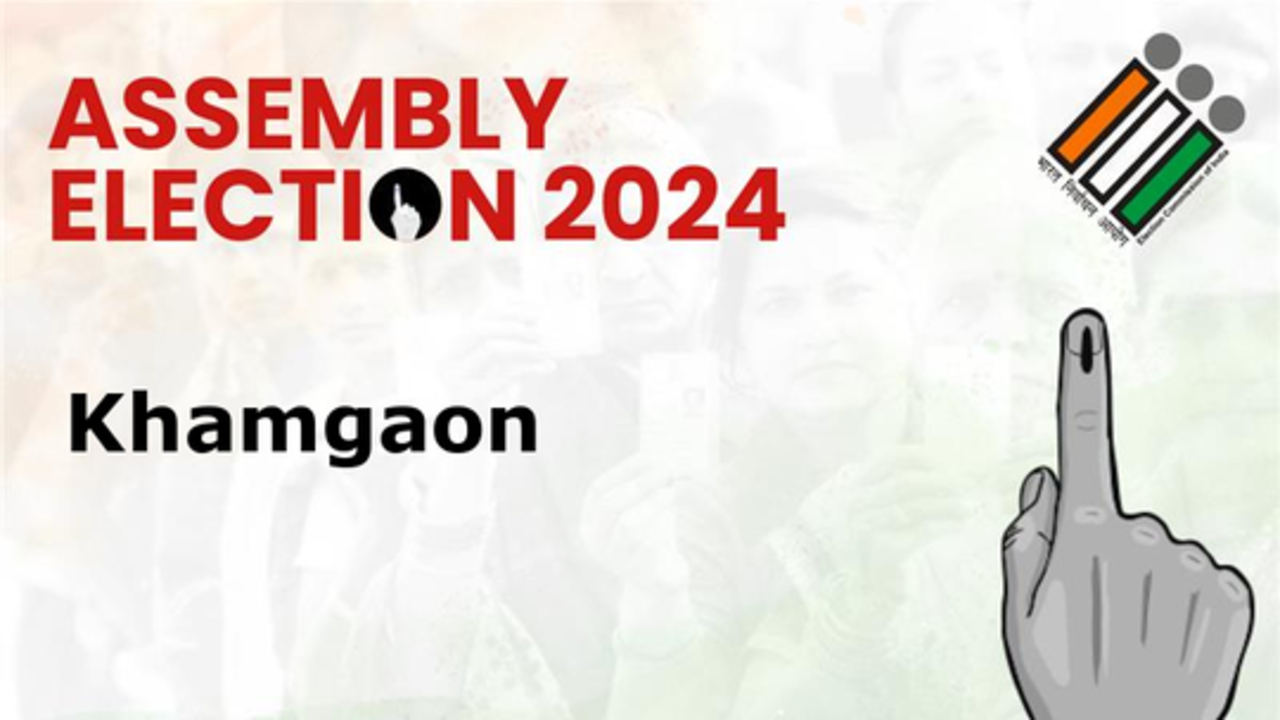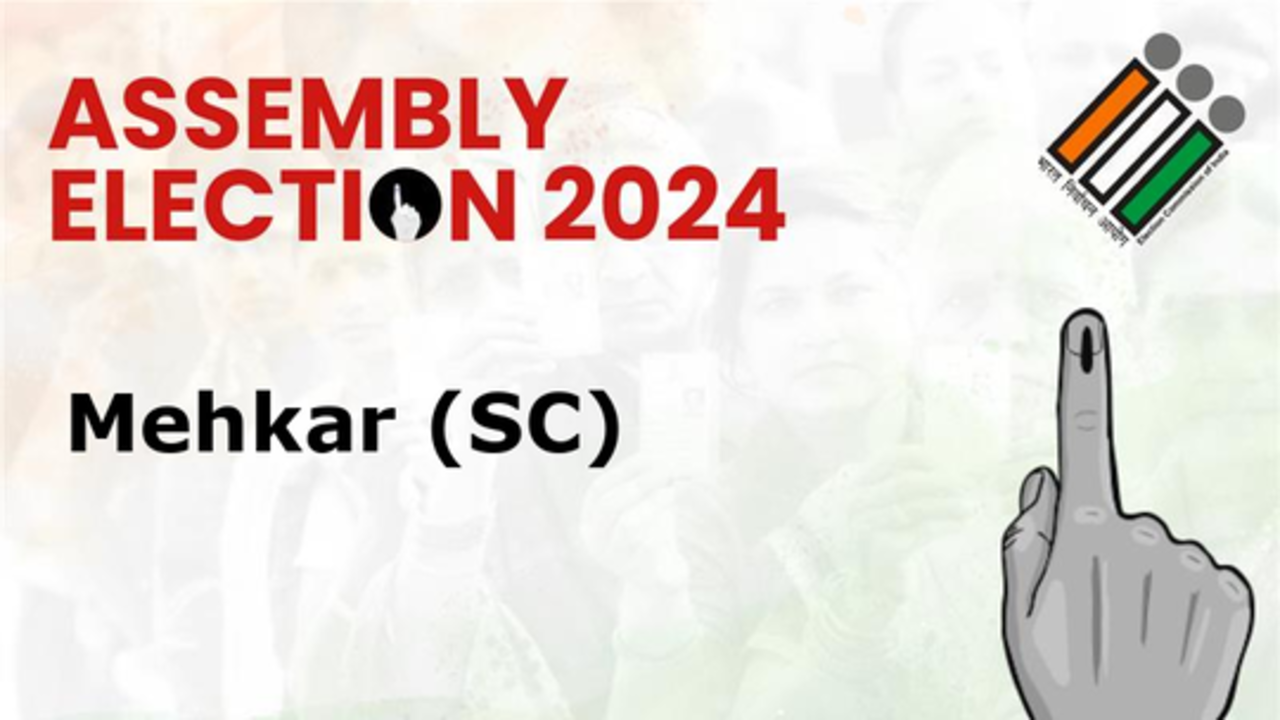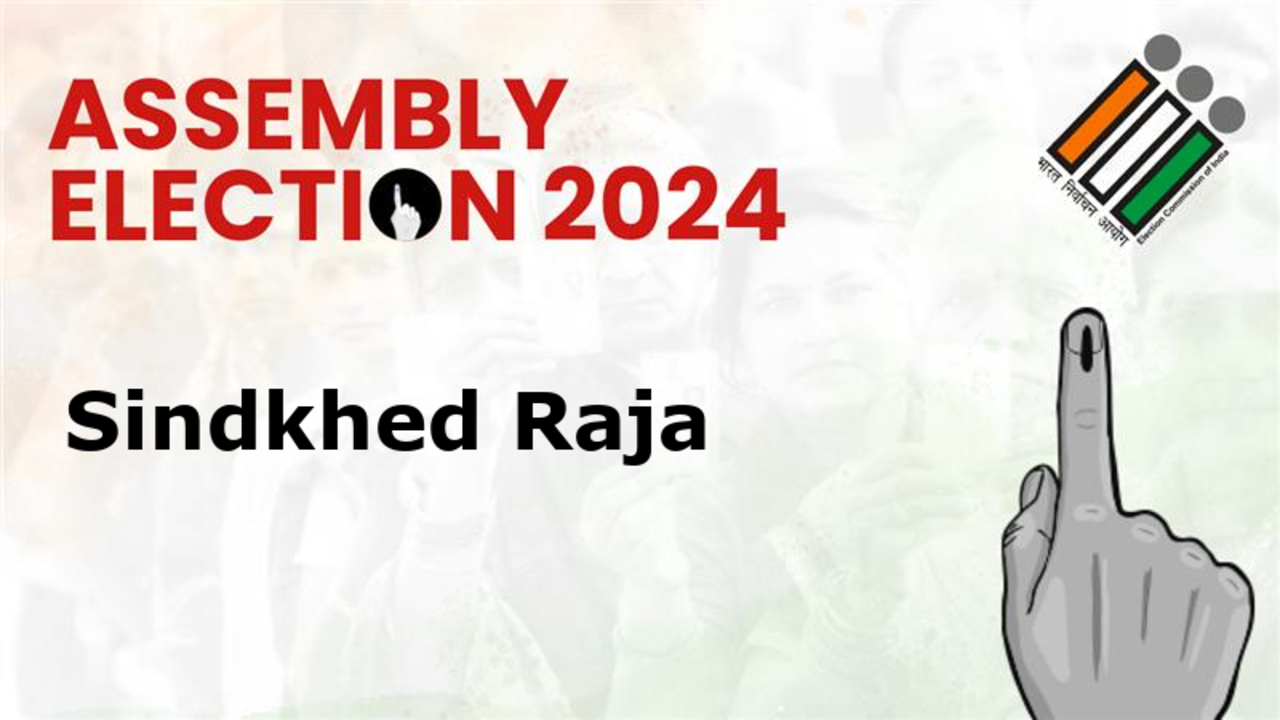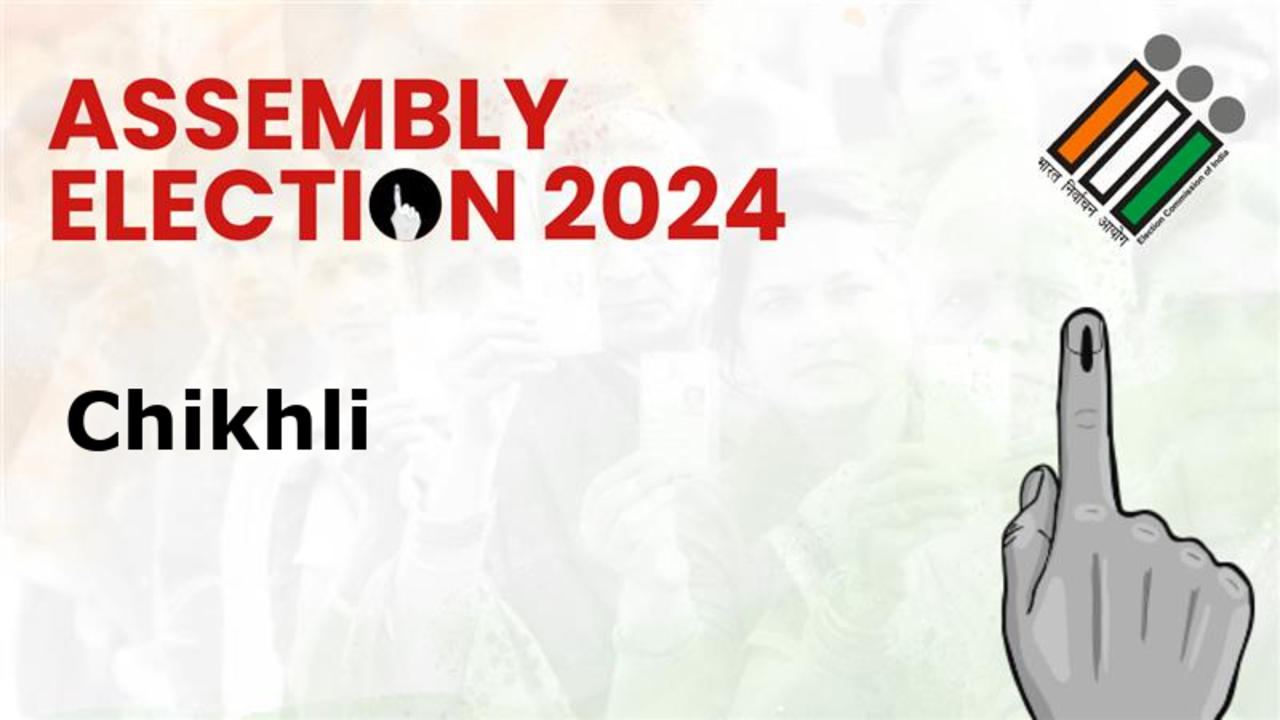
On October 21 this year, the Federal University, Lokoja, in Kogi State hosted the second annual Professor Olu Obafemi Colloquium. It was a great honour of the little man, that is, the man of small, little frame, the man of slight, of very slight physical build, but of prodigious brains and talents. Indeed, he is a prodigy who is more than proficient in several things and endeavours that are more than several things and endeavours.
I personally always refer to him as Olu Obafemi the Magnificent. His profile is as rich and as varied as any rich and varied profile can be. I don’t want to bore my readers by listing his amazing accomplishments as “a playwright, poet, novelist, translator, biographer, literary and theatre scholar, newspaper columnist and numerous other things and areas where he has distinguished himself.
” I have known this super-distinguished Kogi State Yoruba indigene who was “sole recipient of the Nigerian National Order of Merit (NNOM)” a few years back since 1973. Thus I am on a firm ground and standing to offer what I am offering here in relation to the well merited colloquium that the FUL Vice Chancellor, Professor Olayemi Durotimi Akinwuni, FHS, FNAL, and his management team honoured Professor Olu Obafemi, FSONTA, FESAN, FANA, FNAL, D.LITT (HON) with on October 21, 2024 aforesaid.
The theme of the colloquium was entitled: “Olu Obafemi’s Post-Feminist Vision”: Drama, Materialist Aesthetics, and the Nigerian Woman.” The four key speakers who delivered professorial papers at the event belong to the Nigerian professoriate. They are: Gbemisola Adeoti (MNAL, FSONTA), Department of English, Obafemi Awolowo University, Ile-Ife (who spoke on “Killing Two Stones With One Bird: Reflection Of Class And Gender Ideation In Olu Obafemi’s Drama”); Mabel Evwierhoma (FNAL, FSONTA, FANA, FCAARS, FADSPN ) of the Department of Theatre Arts, University of Abuja, (who spoke on “Olu Obafemi’s Drama: Post-Feminist Vision, Materialist Aesthetics and the Nigerian Woman”); Abel Joseph of the Department of English and Literary Studies, Federal University Lokoja, (whose lecture was on “ Women and Power Beyond The Rhetoric of Difference in Olu Obafemi’s, Naira Has No Gender and Near And Distant Cries”); and Edward Sani Ossai of Nigerian Film Studies, Plateau State University, Bokkos whose delivery was on “Olu Obafemi’s Post-Feminist Vision and the Nigerian Drama: Re-telling of Dark Times Are Over.
Apart from Professor Mabel Evwierhoma’s, the discourses were delivered physically. Of course, the columnist did not make a physical appearance at the venue of the event which was the Multi-Purpose Hall, Felele Campus of FUL. He followed what transpired via zoom, and he was exceedingly impressed with what he saw and heard – despite the intermittent hiccups and hiatuses that dismayed his active participation.
Yet this needs to be noted here: the four discoursers, in varying degrees, agreed that Professor Olu Obafemi as a playwright and dramatist is a liberator of women from the clutches of their oppressors and dispossessors who are the men in power, in authority and in control of them culturally, traditionally and in the modern times. In other words, right from the pre-colonial, colonial and post-colonial times the men have treated the women unjustly, and as a Marxist writer, Olu Obafemi can not or could not but embrace and accept the principles of Marx or Marxism to give women post-colonial identity, justice, power, and liberation in the Nigerian worlds of uneducated, educated and neo- or post-Western values and aesthetics in the endeavour to right the wrongs the women have suffered, and to re write the history of the lost traditions and values. Whether the four key discoursers are right or wrong, is not for me to say here in a manner that is obvious or not obvious or not so obvious.
What interested (and still interests) me in the respective discourses is an important remark about the motive or purpose of literary criticism, which reminds me of T.S. Eliot’s own critical statement, method and achievement, to wit: “From time to time it is desirable that some critic shall appear to review the past of our literature, and set the poet and the poems in a new order.
” To quote T.S. Eliot further: “Such critics are rare, for they must possess, in addition to an unusual capacity for judgement, an independence of mind powerful enough to recognise and to interpret for their generation its own value and category of appreciation.
” The four professors, that is, each of the four discoursers, demonstrate to me that he/she is such a critic – even if they stayed too glued to Olu Obafemi’s drama. But why should I try to question or fault or query them in this wise when they responded diligently to the theme of the colloquium which was attended by worthy dignitaries in and of our academy such as Professors Femi Osofisan and Toyin Falola? Now why am I really impressed with the colloquium and its subject and honouree? The fate of Nigerian women in Nigerian politics has not improved in any significant way – as exactly the fate of American women in American politics has not significantly altered which the heavily heavy loss of Kamala Harris exemplifies in the recent U.S.
presidential election. Which truly and thoroughly revolutionary methods would bring about the political changes in favour of women here (and in America) and elsewhere in Africa – of course, such political changes will introduce new canons of literary taste in our literary landscape. Maybe I am jumping and beating the gun.
I should like to end this exercise by giving gracious recognition to Federal University Lokoja, for trying to live up to its vision – which is “To be the best among the nine newly established federal universities in Nigeria in 2011 and one of the top ten ranking universities in Africa.” This vision will enable the university to fulfil its mission which is “To train employable graduates through competency-based teaching, applied research and practical, community services to the catchment area, Africa and the world.” And its mission underscores its core values, to wit: “A commitment to academy and moral excellence enshrined in Respect, Innovation, Dedication and Diligence (RIIDD).
” The second Olu Obafemi colloquium is one significant specimen the Federal University, Lokoja, will always employ to draw anyone’s attention in the evaluation of the university’s contribution to its high ranking in our country and Africa. This is not an exaggeration.The gathering of seasoned scholars, attendees and participants physically and via zoom attests to this.
This is not an exaggeration. The Vice Chancellor who made this possible will not escape our academic and scholarly remembrance. This is not an exaggeration.
I will say this again and again and again...
.. Oh yes! Don’t dispute it.
Don’t dispute me. Don’t dispute our imagination. Afejuku can be reached via 08055213059.
.








